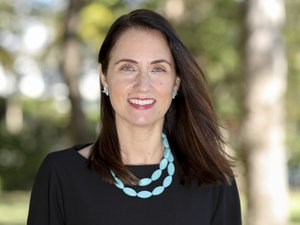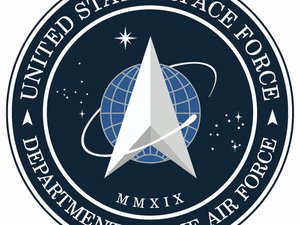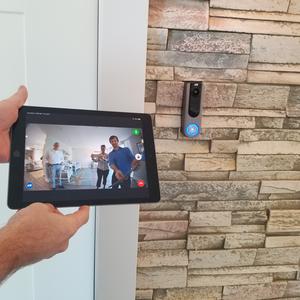Florida Atlantic University is one of eight U.S. colleges selected to work with the National Aeronautics and Space Administration (NASA) and U.S. military to develop small satellites – and the team might even have the chance to see its technology fly in space.
A team from the university's College of Engineering and Computer Science will participate in NASA's CubeSat Launch Initiative from May to August. They will meet at the Kennedy Space Center on Merritt Island for a four-day introductory session and then spend seven weeks at the U.S. Air Force's University Nanosatellite Program facilities in Albuquerque, New Mexico.
Trending: Jewelry designer sells Miami Beach mansion to billionaire heir
The program aims to provide students with systems engineering training for spacecraft development and prepare them for careers in the space industry.
“We are incredibly excited and proud to have been selected to...help revolutionize the space domain with tiny yet powerful small satellite technology,” said Stella Batalama, dean of the FAU College of Engineering and Computer Science.
The CubeSat Launch Initiative is working with the Air Force and U.S. Space Force for its 2024 Mission Concept Program. A CubeSat is a class of small satellite that are usually the size of a 4-inch cube. The devices typically weigh less than five pounds.
In addition to flight hardware design training and development, the CubeSat Launch Initiative gives educational institutions the opportunity to fly on upcoming launch missions.
In Albuquerque, three students from each university team will intern with the Space Dynamics Laboratory to review their proposals and improve the chances that their satellites will be viable for spaceflight.
The FAU team is led by Oscar M. Curet, an associate professor in the department of ocean and mechanical engineering, and George Sklivanitis, a fellow at FAU’s Institute for Sensing and Embedded Network Systems Engineering. Three students were selected to participate: Vitas Diktanas, a Ph.D. student in mechanical engineering; Sky Rueff, an undergraduate student in mechanical engineering; and Jonathan Mazurkiewicz, an undergraduate student in computer engineering.
Thirty-four universities applied for the 2024 sessions, NASA reports. Applications were reviewed by a mix of NASA, Air Force and contractor personnel.
In addition to Boca Raton-based FAU, the other selected universities were:
- University of Central Florida
- University of Mississippi
- University of North Dakota
- Valparaiso University
- Northeastern University
- West Virginia University
- Tarleton State University
For more stories like this one, sign up for Miami Inno newsletters from the South Florida Business Journal and the American Inno network.








